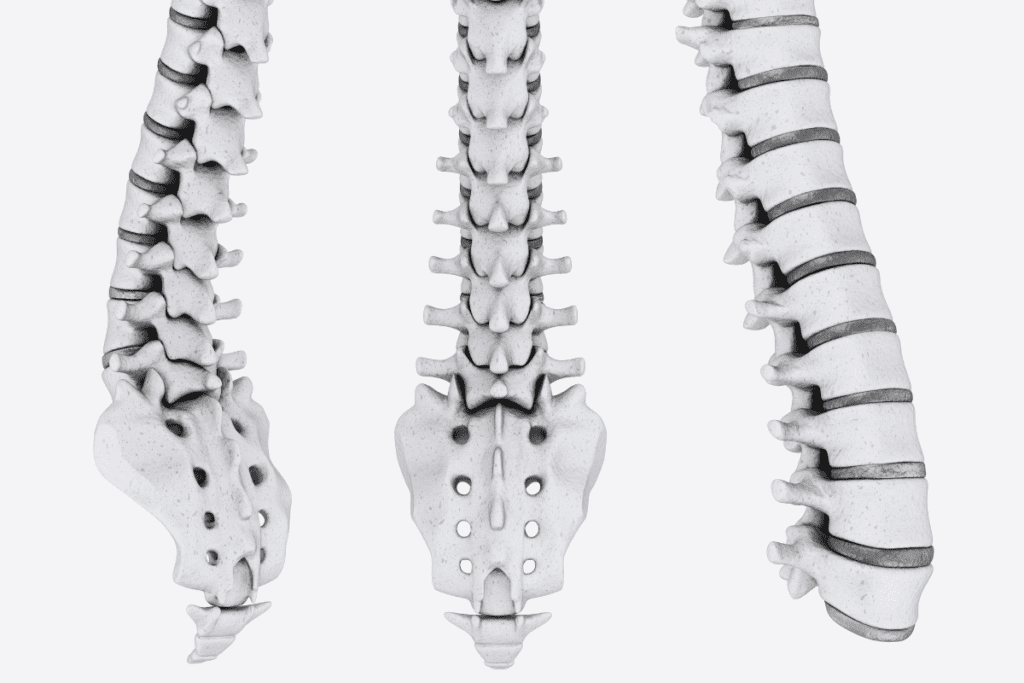The Link Between Posture and Health
October 8, 2023

Our posture, the way we hold our bodies while standing, sitting, or moving, surprisingly plays a crucial role in our overall health and well-being that goes far beyond musculoskeletal dysfunction. In this blog, we’ll explore the profound impact of posture on various aspects of our health, including digestion, confidence and mood, lymphatic system, breathing, nerve compression, and the vagus nerve.
Digestion
The relationship between posture and digestion is often overlooked. Maintaining a slouched position can compress the stomach and digestive organs and affect the body’s ability to digest food properly. Sitting up straight during meals and throughout the day promotes better digestion by allowing your stomach to function optimally.
Confidence and Mood
Beyond the physical effects, posture also influences our mental and emotional well-being. Studies have shown that maintaining good posture can boost confidence and improve mood. When you stand or sit with an upright posture, you not only appear more confident to others, but you also feel more self-assured and positive about yourself. This mind-body connection highlights how posture can influence our mental state, ultimately affecting our overall health.
Lymphatic System
Another vital aspect of posture that often goes unnoticed is its impact on the lymphatic system. The lymphatic system is responsible for maintaining fluid balance, filtering toxins, and supporting the immune system. Proper posture facilitates the efficient flow of lymph fluid throughout the body. When you maintain an upright posture, the contraction and relaxation of muscles during natural movements help propel lymphatic fluid, preventing stagnation. Poor posture, on the other hand, can impede this vital process, potentially leading to fluid retention, swelling, and compromised immune function.
Breathing
Good posture allows for unrestricted lung expansion, enabling you to take in deep, full breaths. When you slouch, your lung capacity decreases, and the diaphragm may not move as freely. Over time, shallow breathing due to poor posture can result in reduced oxygen intake, leading to fatigue, decreased energy levels, and even respiratory issues. Maintaining an upright posture supports optimal lung function, contributing to better respiratory health and overall vitality. So, the next time you think about your posture, remember that it’s not just about how you look; it’s about how well you breathe and how effectively your body functions.
Nerve Compression
Posture also has a significant impact on the nervous system. When you maintain poor posture, you may subject nerves to unnecessary pressure and compression. This can lead to a range of symptoms, including tingling, numbness, and pain. For example, a common issue associated with poor posture is compression of the sciatic nerve, which can cause lower back pain and radiating pain down the leg. Proper posture helps alleviate this pressure, reducing the risk of nerve-related discomfort.
Vagus Nerve
Another crucial aspect of posture that is often overlooked is its impact on the vagus nerve, a key component of the parasympathetic nervous system, also known as the “rest and digest” system. The vagus nerve plays a central role in regulating various bodily functions, including heart rate, digestion, and the relaxation response. Proper posture can positively influence the vagus nerve’s function.
When you maintain good posture, especially in the upper body, it prevents unnecessary compression or pressure on the vagus nerve. An upright posture allows for optimal transmission of signals along the length of the nerve, ensuring that it can efficiently regulate heart rate, reduce stress responses, and enhance digestion. On the other hand, poor posture, such as slouching or hunching forward, can lead to compression of the vagus nerve, potentially interfering with its ability to perform these essential functions.
The vagus nerve also plays a role in the mind-body connection, as it communicates between the brain and the gut, influencing mood and overall emotional well-being. Proper posture can contribute to a sense of calm and relaxation by facilitating the unimpeded flow of vagal signals between the brain and the body. So, maintaining good posture not only affects your physical health but also plays a part in promoting emotional balance and reducing stress.
Tips for Improving Posture
Now that we understand the link between posture and health, here are some practical tips to help you maintain better posture:
- Be mindful of your posture throughout the day. Regularly check in with yourself and make adjustments as needed.
- Ergonomic furniture and equipment can help support good posture, especially when working at a desk or computer.
- Engage in exercises and stretches that target the muscles that support proper posture, such as the core, glutes, back, and shoulders.
- Consider seeking the guidance of a physical therapist or personal trainer if you have chronic posture-related issues.
Your posture is not just a matter of aesthetics; it is a fundamental aspect of your overall health. Poor posture can lead to organ compression, nerve issues, digestive problems, and even affect your confidence and mood. By paying attention to your the link between posture and health and making conscious efforts to improve it, you can positively impact your well-being and enjoy a healthier and happier life.
home
about
book massage
©2023 lucid healing | all rights reserved | site credit karima creative | TERMS OF SERVICE | PRIVACY POLICY | Disclaimer